|
Disclaimer: I’m writing this blog post in effort to think through my own relationship with wine. I understand that there are readers on both ends of the spectrum- People who believe that Yogis Don’t Drink Alcohol and others who create Yoga and Wine Workshops. Please be open to my commentary and do not judge my vulnerability here nor take offense to any of my observations. Last weekend, one of my best friends was celebrating her 30th birthday. She invited me and a group of our girlfriends to “wine about it” through a wine tasting tour in Valle de Guadelupe, Mexico. I hadn’t been there before, so I was looking forward to a new adventure, but I also found myself hesitating about how much wine I should allow myself to taste. There is a refined art that comes with making wine. Tasting wine can be a feast for and celebration of the senses. Currently, I work part-time at a French restaurant and wine bar. I taste the new wines that we offer and savor the notes on the nose, body, and finish so that I can effectively describe pairings and preferences to my customers. I really enjoy the art of tasting wine, but I don't want to get carried away and make a fool of myself or feel hungover the next day. Valle de Guadelupe, Mexico Let’s begin with reviewing a history of wine in the world… (VinePair.com) It has been theorized that early humans climbed trees to pick berries, liked their sugary flavor, and then began collecting them. After a few days with fermentation setting in, juice at the bottom of any container would begin producing a low-alcohol wine. The earliest archaeological evidence of wine production found has been at sites in Georgia (c. 6000 BC), Iran (c. 5000 BC), Greece (c. 4500 BC) and Armenia (c. 4100 BC). According to Ancient Greek historian Thucydides, “the peoples of the Mediterranean began to emerge from barbarism when they learnt to cultivate the olive and the vine”. Wine played an important role in Ancient Egyptian ceremonial life. By the end of the Old Kingdom, five distinct wines, probably all produced in the Delta, constituted a canonical set of provisions for the afterlife. The Phoenicians begin to trade across the Mediterranean, including the Middle East (current day Israel) and stretching around the sea from North Africa to points in Greece and Italy. It was during their trading that they also brought with them wine, transported in ceramic jugs, as well as grapevines. During travels, the Phoenicians came in contact with the Jews, who began to use wine to mark religious ceremonies. Photo Credit: Wine Club List Consumption of ritual wine was part of Jewish practice since Biblical times and, as part of the eucharist commemorating Jesus' Last Supper, became even more essential to the Christian Church. The Bible instructs in Ecclesiastes 9:7, “Drink your wine with a merry heart.” Further, Psalm 104:14-15 states that God gives wine “that makes glad the heart of men.” According to popular belief, alcohol consumed in small quantities, is neither harmful nor addictive. As the story goes, Jesus even turned water into wine. However, the Bible condemns drunkenness and its effects. Alcohol is not, in and of itself, tainted by sin. It is drunkenness and addiction to alcohol that a person must absolutely refrain from (Ephesians 5:18; 1 Corinthians 6:12). Baja Mexico After world exploration, Mexico became the most important wine producer starting in the 16th century, to the extent that its output began to affect Spanish commercial production. In this competitive climate, the Spanish king sent an executive order to halt Mexico's production of wines and the planting of vineyards. The Spanish missionary Junípero Serra, having traveled from Spain to spread the gospel in the New World, traveled to California from Mexico City, opening a mission in San Diego and bringing with him grapes in order to create the region’s first wine. Spanish missions then spread across California, and the Franciscan monks brought with them the art of making wine, establishing Sonoma’s first winery in 1805. So, what does drinking in moderation really mean? What are my drinking limits? It’s so easy to get carried away. On this wine tasting weekend, we were scheduled to be wine tasting all day. We were not driving, so I didn’t have to consider the one drink rule. Our goal was to have a great fun experience and bond with each other. So, how much is too much? To me, this topic is a lifetime dance. I grew up in a family that did not drink, except maybe a half of a glass of wine on an anniversary. So, when I began feeling and testing the benefits and limitations of wine, the desire to drink more, or to cut back, has come in waves in my adult years. Several years ago, before I was a yoga instructor, I had just broken up with a boyfriend after finding out that he had been lying to me and he had other girlfriends as well. However, that very night, I attended a book club discussion with friends. The host was incredible at hosting. My glass was always half full (pun intended) and I was thirsty. I felt a flow of relaxation as the conversation deepened and opened up. I had no idea how much wine I had actually consumed. I also didn’t eat any dinner. All I knew is that I drank more and more to fill the hole of pain that I was feeling. Suddenly, I woke up to an awful stench. Where was I? I didn’t recognize this dark room or this bed. I got up and began to wonder through the hall. Oh yeah, I was at bookclub. What time was it? When did I go to bed? I walked into the bathroom and turned on the light. I gasped in horror as I looked in the mirror…red wine vomit was glued to my face, hair, and lovely white lace blouse. Oh my god, I must have barfed in my sleep!!! I frantically tried to wash my face and rinse my hair, but there was no hope for the blouse. I walked back into the guest room to find my purse and phone. Someone had crawled into the bed where I was sleeping. “Oh no, Sabrina, get up!” I turned the lights on and insisted that she couldn’t sleep there. We found the puddle of red wine vomit. Sabrina had fallen asleep on the floor, but she explained how the rest of the group found her passed out in her own vomit, hugging the toilet! I felt better that it wasn’t just me who went beyond my limits. Why didn’t we hear that voice in our head that says, “Enough, stop now.” 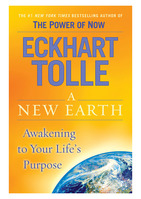 According to Eckhart Tolle, our pain body is the voice in our head that wants us to continue to suffer. It knows that we will get into more trouble and pain if we keep drinking. When we feed our pain body anything negative, it grows. I was trying to drink my sorrows away and feel good, but the “good” affects do not last long and the hangover lasts even longer than the buzz. People say that drinking alcohol in excess leads to addiction. So what is excess? Does addiction mean the desire or craving everyday? What about drinking several glasses only one night a week? I’ve heard that a glass of wine a day with dinner is equal to an hour of exercise. Is there any truth to that? What about two glasses? What happens at that point? One of my good friends, Alexis, just completed a 3-month cleanse of no alcohol and now she is limiting her consumption to 3 drinks per week. This boundary has inspired me to set boundaries as well. There is agreement in the scientific community about what defines "moderate drinking." According to The National Institute on Alcohol Abuse & Alcoholism (NIAAA), it's no more than 3-4 standard drinks per drinking episode, no more than 9 drinks per week for women and 12-14 for men. Also, moderate drinking means limiting how fast you drink and, as a result, keeping your blood alcohol concentration (BAC) below .055 (.08 is the DUI limit in all states in the U.S.). Another article states, moderate alcohol consumption is considered 2 drinks a day for men and 1 for women. I’ve also read studies in which light-to-moderate (not getting drunk) alcohol consumption may lower the risk of stroke in women, moderate alcohol intake reduced the risk of dementia in older adults, and there is a link between regular red wine consumption and a lower risk of breast cancer. However, too much alcohol can lead to depression, dementia, anemia, cardiomyopathy, hypertension (high blood pressure), nerve damage (alcoholic neuropathy), seizures, stroke, death, or cancer of the breast, colon and rectum, liver, esophagus, larynx (voice box), pharynx (throat), and mouth. These studies show the harms associated binge drinking, alcohol abuse, or alcoholism. So, it sounds like drinking in small quantities is not the issue. The issue is why I’m drinking and when to stop. What if you feel that you need a drink or more to relax? When I find myself too busy or not enough time to wind down properly, I tend to start back up again, having a glass of wine in the afternoon or before I go meet up with friends. Then I have more when I’m out. This is usually during a period where I am not living as consciously as I should. Relaxing with alcohol is only the appearance of relaxing. More than one glass of wine can disrupt your sleep cycle and lower your immune system. Lately, I’ve been asking myself, what are some other ways of relaxing? What am I trying to avoid? What am I trying to replace with wine? Sometimes when I’ve had the urge to drink for relaxation, I am just avoiding the present moment by having stress about the future or regret about something that happened in the past. Before this wine weekend in Mexico, I hadn’t had a drink in weeks and I felt wonderful in my body! My physical asana practice is stronger. My head feels clear and I’ve been writing creatively and productively. I’ve been making healthier food choices as well. Increased yoga practice leads to increased awareness that leads to better choices around alcohol use. Now, when I would have been reaching for a glass of sparkling wine while cooking dinner, I do some sun salutations, downward-facing dogs and deep breaths. I find my relaxation… and I find increased awareness, strength and flexibility. For this reason, Yoga teachers sometimes abstain completely from alcohol, meat, processed sugar, caffeine, and other substances that are addictive. Some yoga teachers also preach that other yoga teachers should abstain as well. The ancient Ayurvedic text, Charaka Samhita, discusses alcohol consumption in great detail. The text acknowledges that alcohol can be medicinal, but warms foremost that alcohol is a toxin. There are strict rules to follow in order to prepare the body for consuming alcohol, as well as detailed descriptions of the imbalances caused after consumption. The question is: when the fun you are having comes with a huge karmic debt in the way of hangovers and brain impairment, how fun is it? Yes, taken recreationally without regard to time, place, or being under the right guidance, alcohol becomes a poison. These are important facts to know, however, modern yoga is all about the personal journey and learning your own body and mind through awareness. Drinking wine is easy and pleasurable. However, not drinking requires a lot of work, self-reflection, facing painful feelings, and discomfort. Those who do walk the path of self-realization are able to enjoy more and more ultimate freedom within themselves, no longer controlled or bound by their past. We can courageously create a new lifestyle, filled with love, vulnerability, connection, and very little alcohol. When you can blatantly be yourself in the pure state of mind, it’s beautifully liberating.
As a teacher, I’m trying to maintain my integrity in the eyes of my students, even as I face the same stress and challenges that they do. I do see the benefits and beauty to having a little wine in my life, so my philosophy is, that I need to set boundaries for myself and really check in with my intentions before I drink. There’s supposed to be no ultimate judgment of right or wrong behavior on the yogic path, and the only person you answer to is yourself in your own experience, finding what is really healthy for me and you finding what is really healthy for you. Tantric philosophy is non-dualistic and teaches us to embrace all experience without judgement. Tantra teaches that liberation is possible in the world. Modern day yoga is about cultivating presence, feeling vibrant, alive and awake. Drinking alcohol is about escapism, numbing, sleeping and dulling the senses. So they feel contradictory, but I believe it’s a question of balance, like all things. With this philosophy, there’s nothing wrong with having fun and having a drink on occasion. It’s more about accountability to yourself, and your health. It's a Question of Balance Currently, I’m in a place that wants to deepen my physical and spiritual practice. For the last two weeks, I’ve been practicing the 30-day summer yoga challenge- 5 yoga classes a week. At the same time, I don’t want to drink wine or alcohol on casual occasions or in my daily or weekly life. For the rest of this summer and beyond, I’m trying to avoid social situations with alcohol, except on very special occasions, like this wine tasting weekend in Mexico.
I’m noticing that I find much more enjoyment when I take care of my body with healthy food choices and yoga practice. Instead of drinking wine for relaxation and social fun, I find a deep joy when I immerse myself in nature and I turn to books and occasional nights out at the movies for some new inspiration. When I am organizing social outings, I’m trying to steer clear of bars, where the only activity is drinking. Instead, I visit restaurants, movies, plays, concerts, meditation nights, yoga events, and long walks in the park. As far as healthy, delicious drinks, I’m getting into green smoothies with antioxidants and bioflavonoids. I no longer want to drink from a place of pain, but instead from a place of balance. The important thing to remember is to not deny yourself a drink without knowing why you’re doing it. You are a human having a very human experience. If you’re going to have a drink then do it in the right setting, where you know you will enjoy it and it’s to enhance your pleasure, rather than medicate pain. Over this past wine-tasting weekend, I’m proud of myself for counting the ounces with each tasting. I had about 4 glasses of wine in 10 hours, but it felt balanced with the 3 meals and water that I consumed in between. I went to bed at my normal bedtime and woke up the next day hangover-free as I practiced asanas and Sun Salutations out on the porch, feeling fabulous!
3 Comments
Naomi Vidal
8/15/2016 07:04:37 am
Thank you for this article Hannah. As I write this comment I am getting ready to go wine tasting in Long Island, NY with family. Today is about spending time with family, and enjoying each other. It's so easy to "let go" and consume too much wine. I have been practicing moderation and have noticed I don't enjoy getting drunk or consuming a whole lot anymore. It's so much more fun to be in the moment and truly enjoy life than to be drunk. Xoxo
Reply
Hannah
8/15/2016 07:10:49 am
Thanks for your feedback Naomi! Xoxo
Reply
Wow, Hannah, thank you so much for sharing your experience. This post really resonates with me. Thank you for the perspective and for the reminder that decisions should be made with intent rather than through habit or impulse. I'm looking forward to creating more balance for myself. <3
Reply
Your comment will be posted after it is approved.
Leave a Reply. |
Hannah Faulkner
|


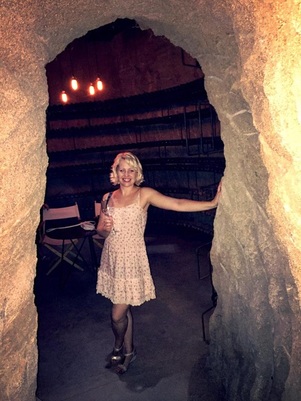
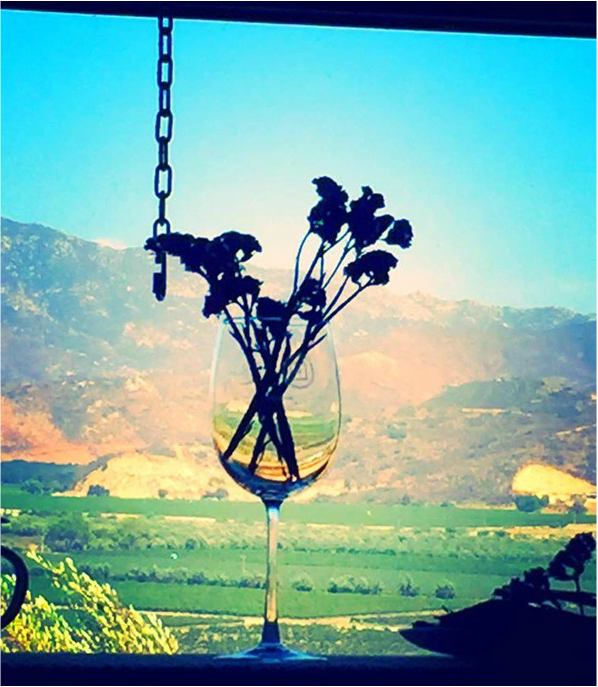
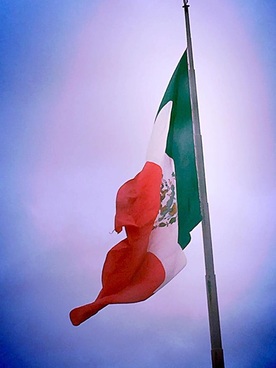
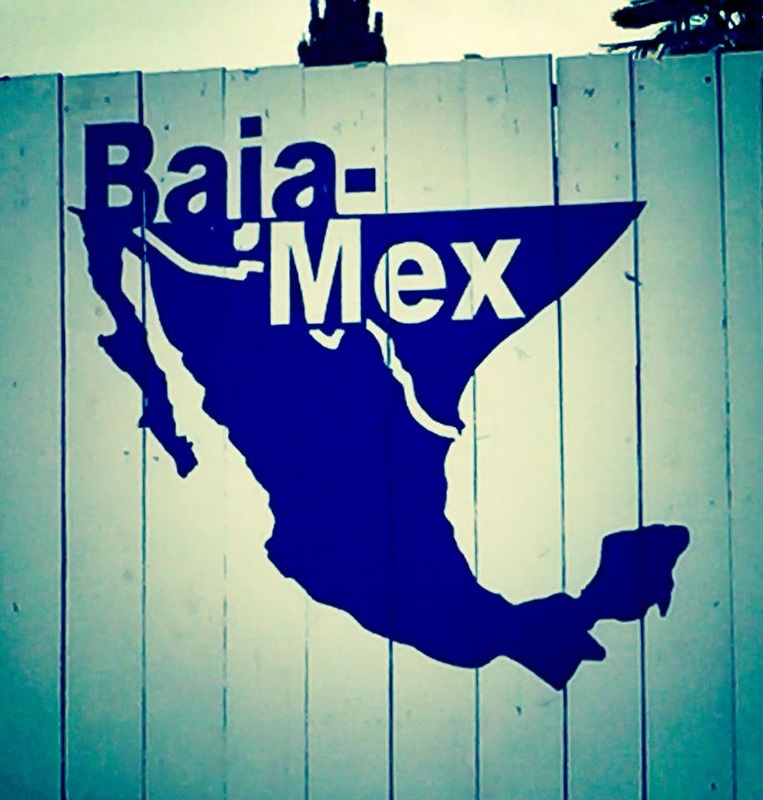
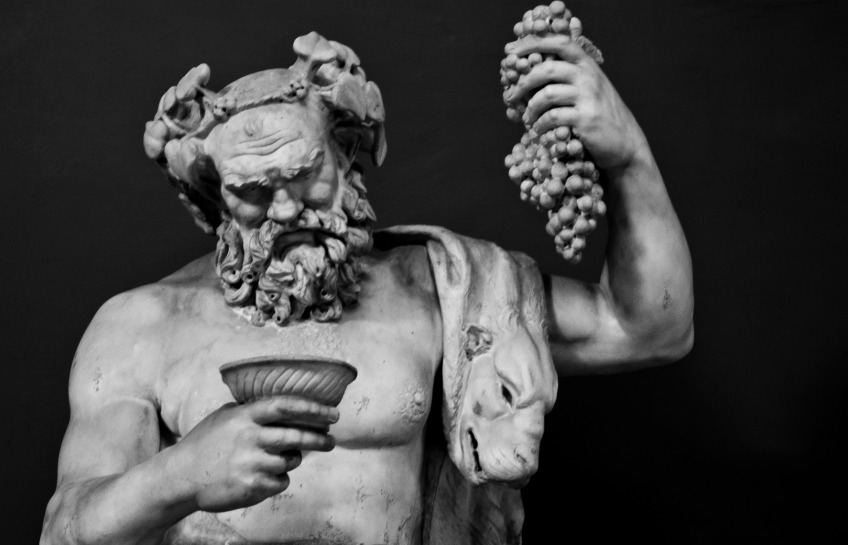
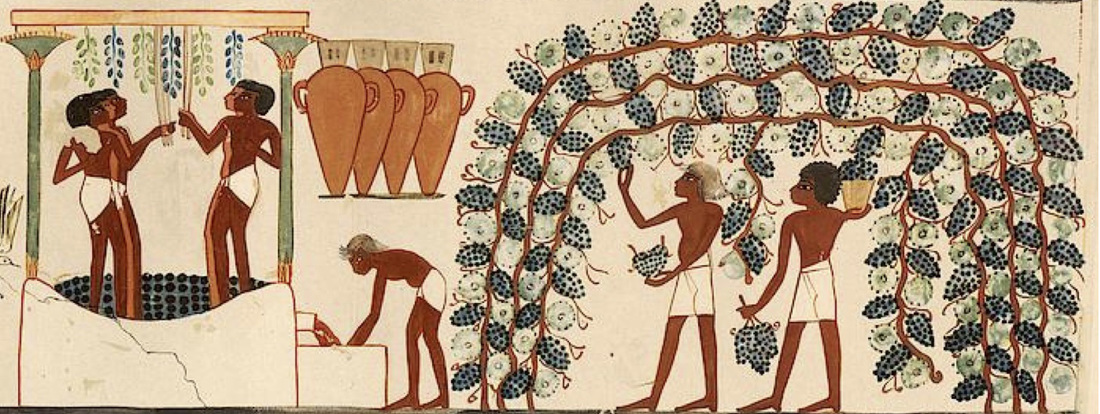
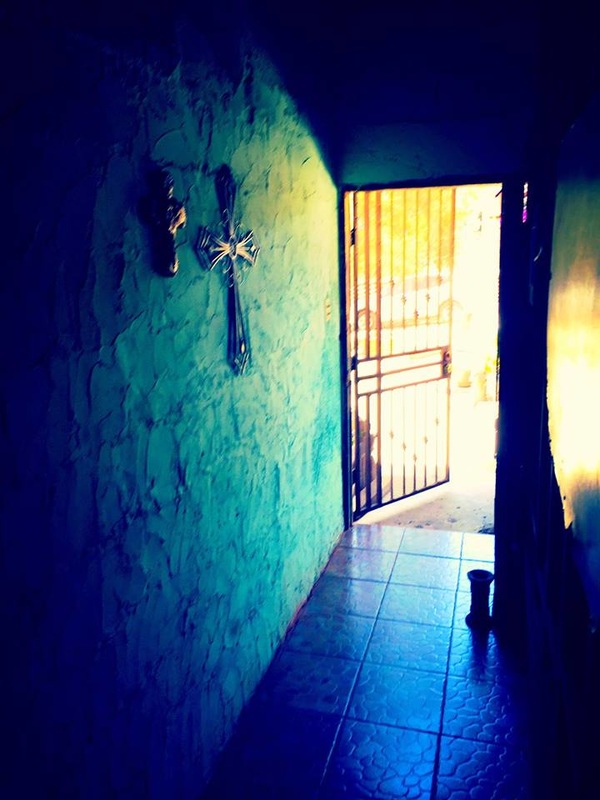

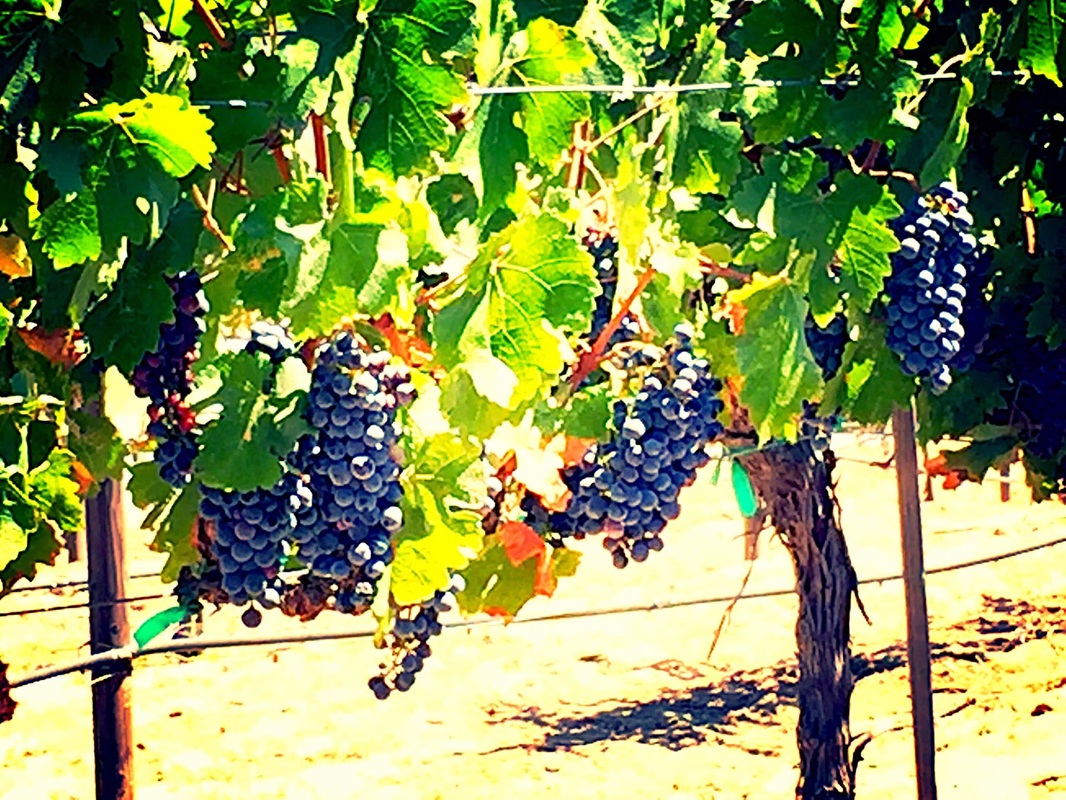
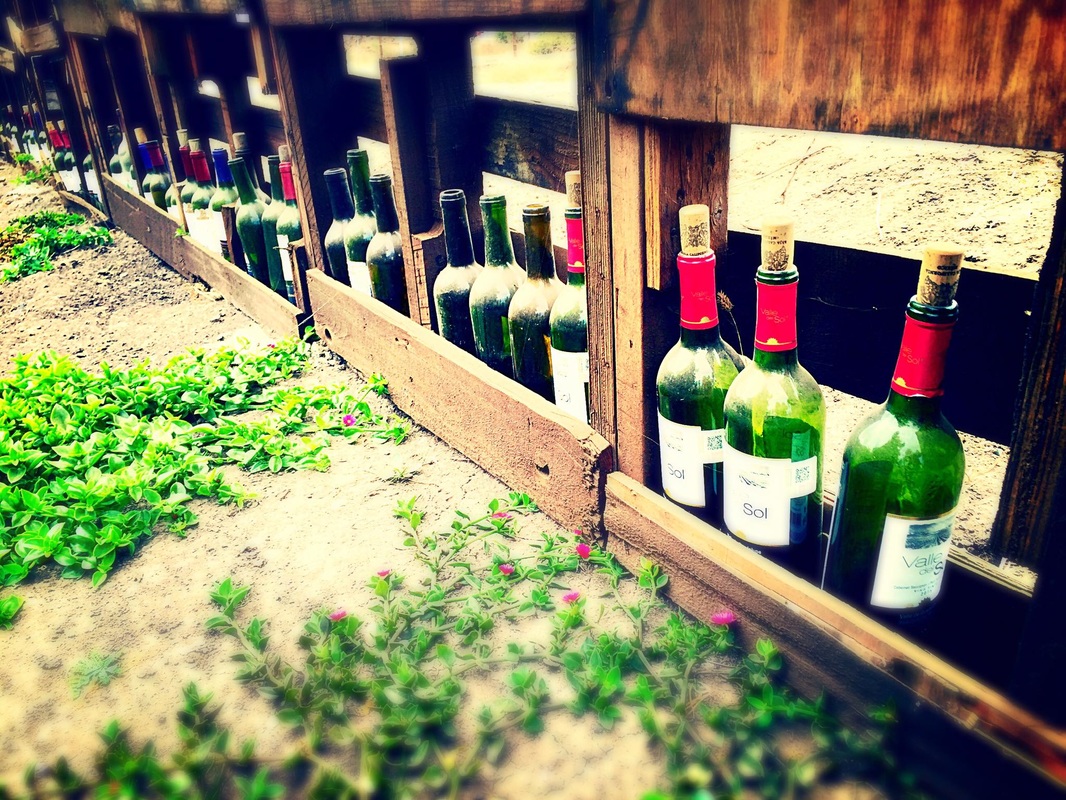
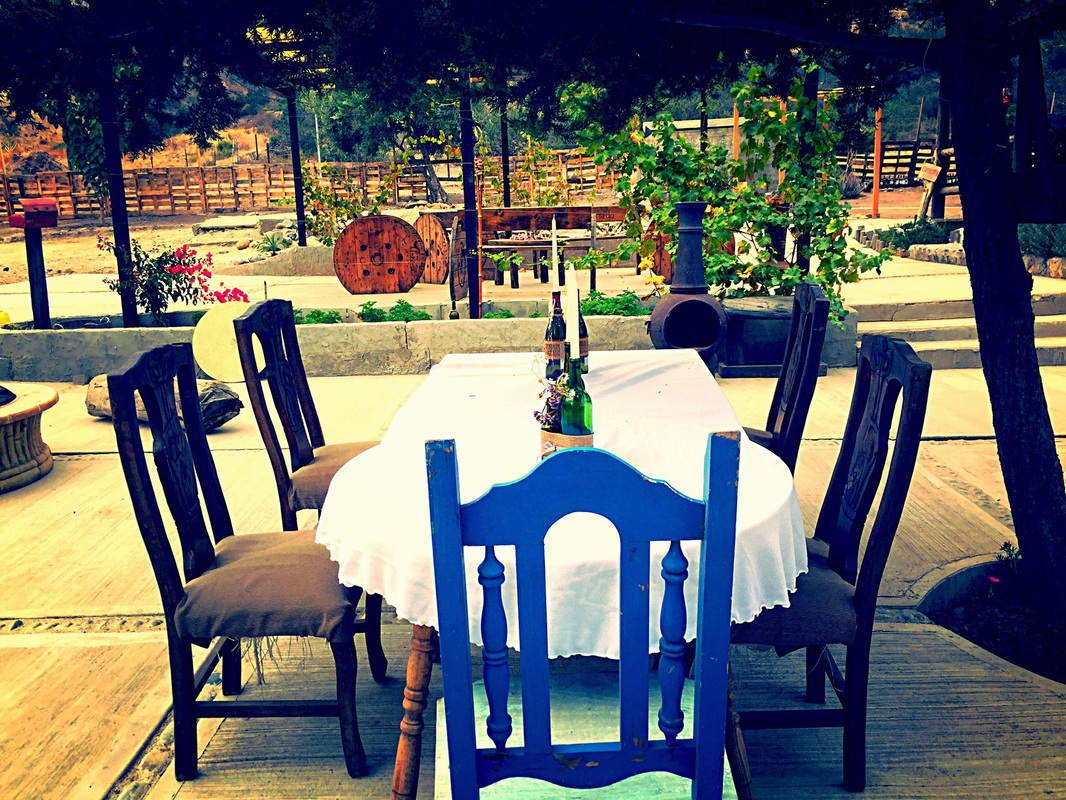
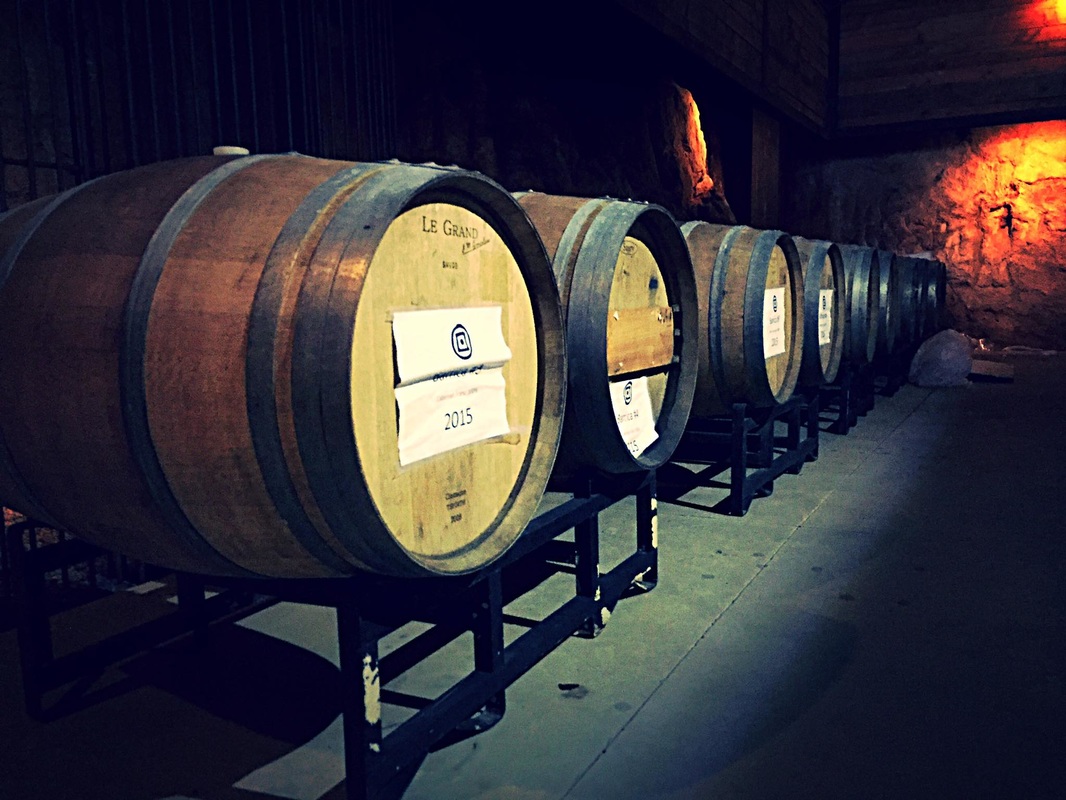
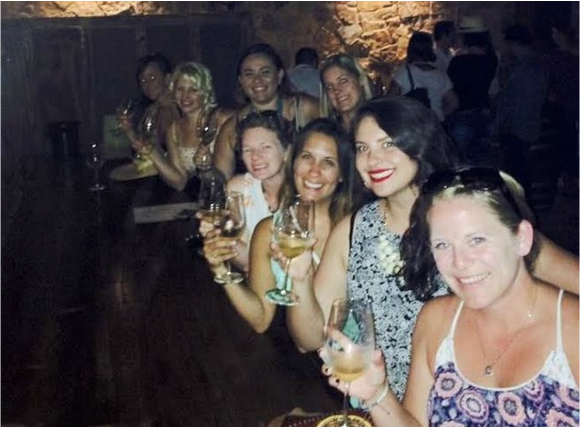
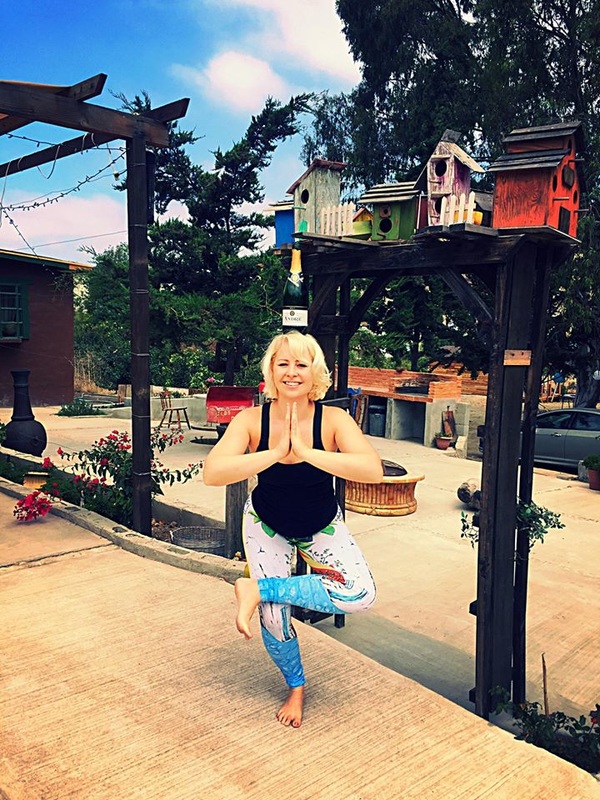
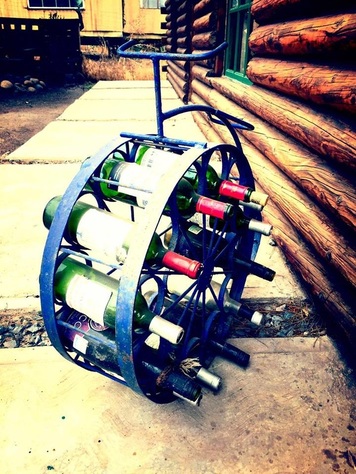
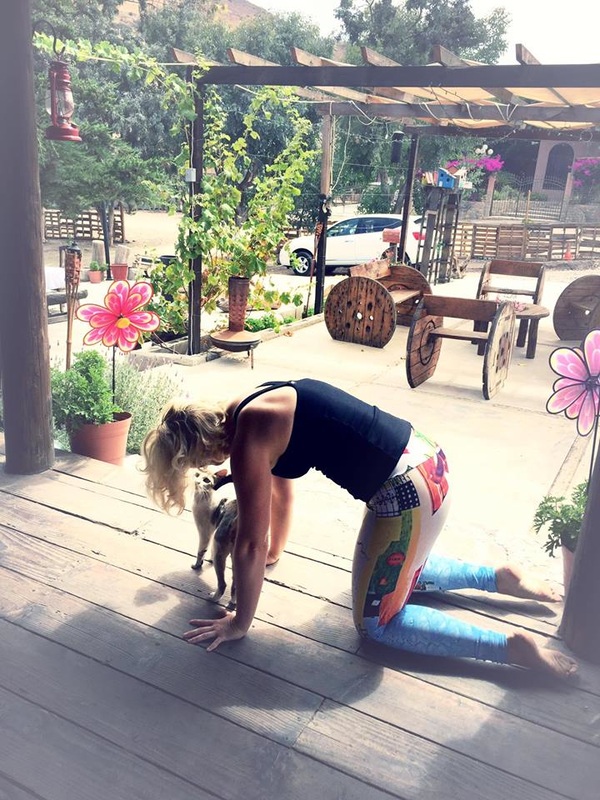
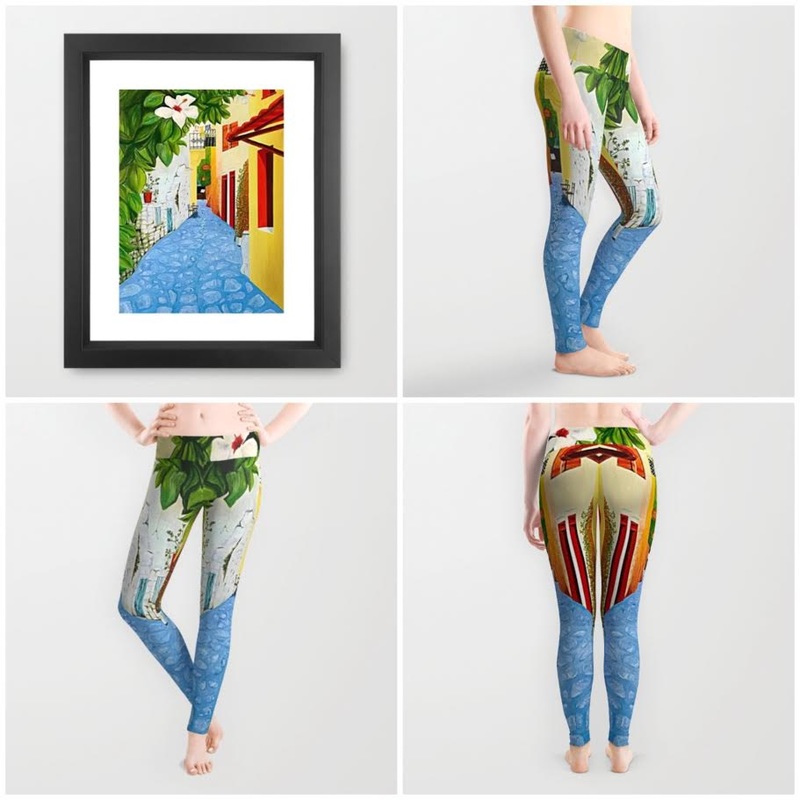
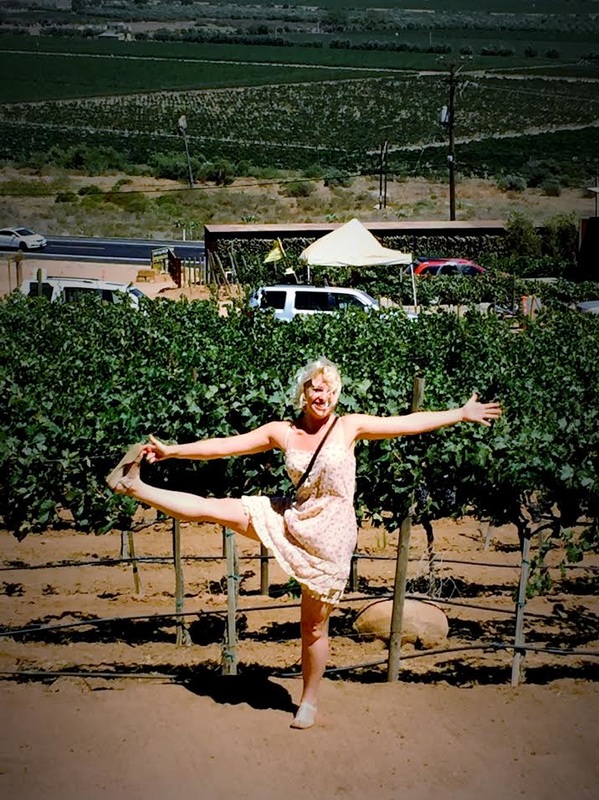
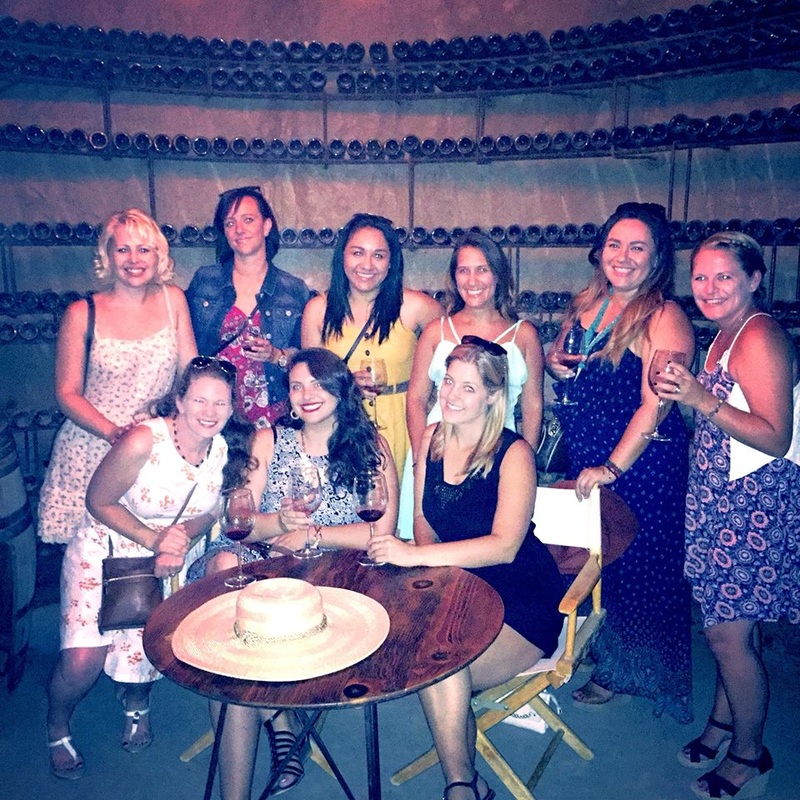
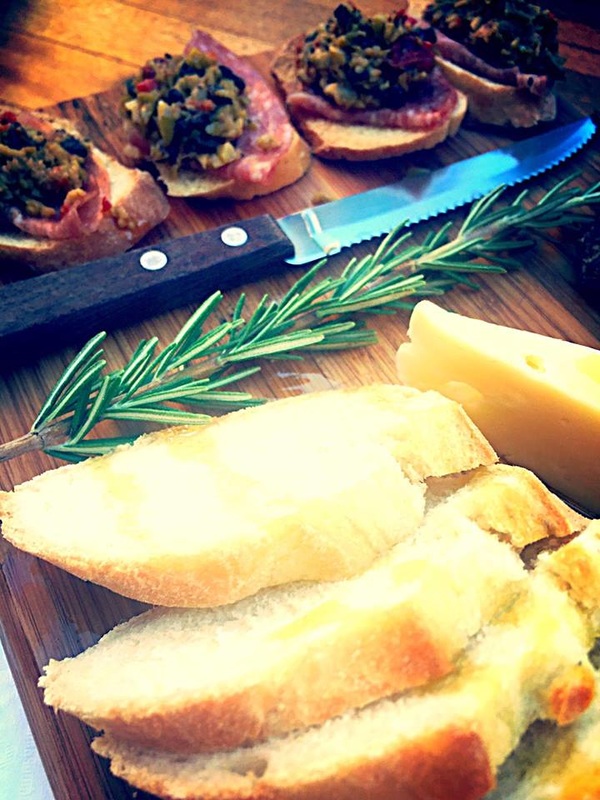
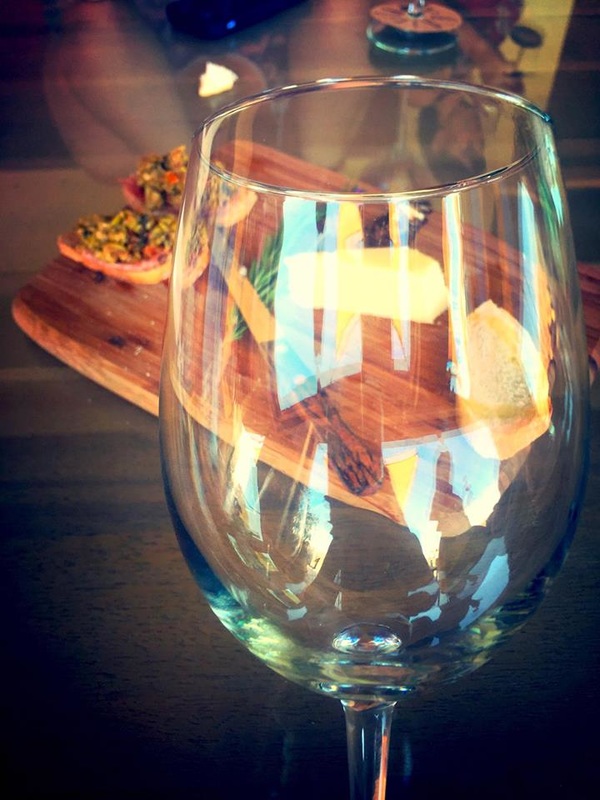


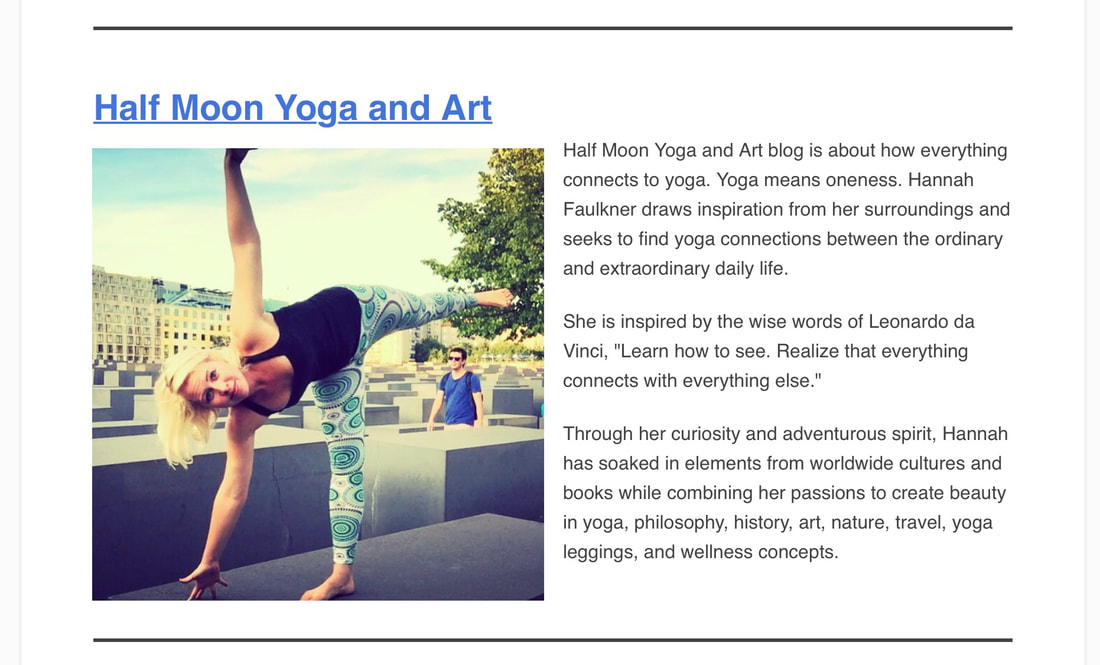



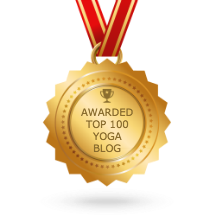
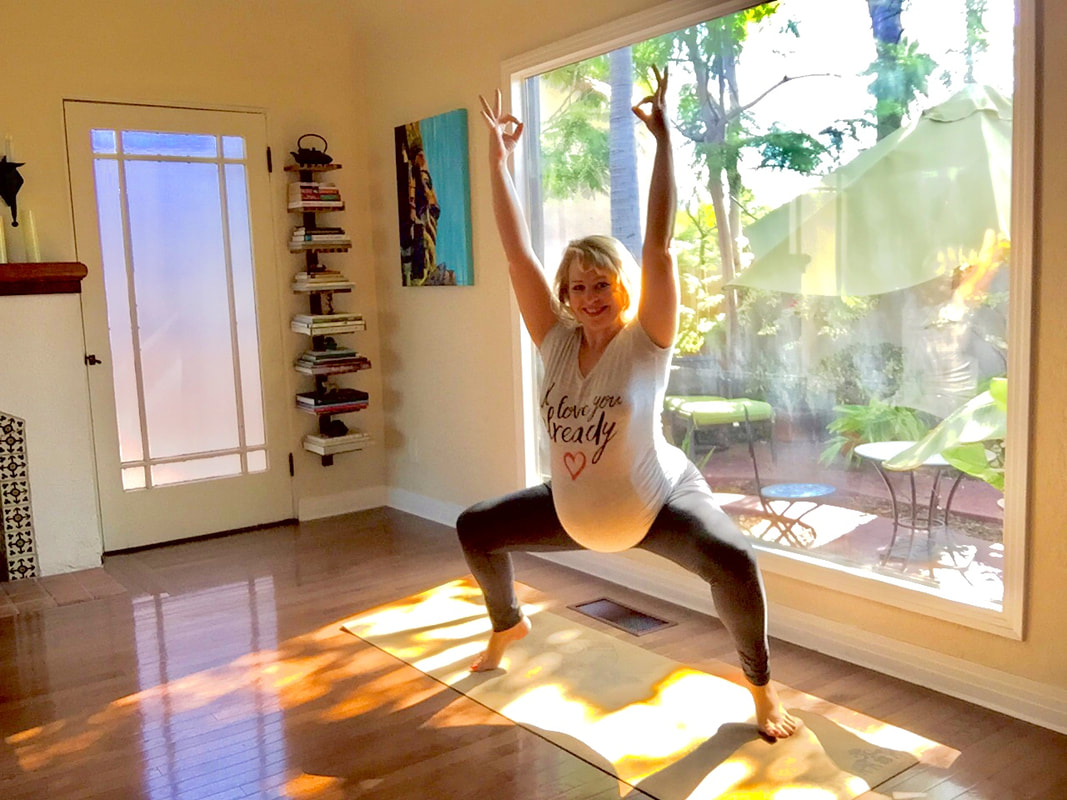
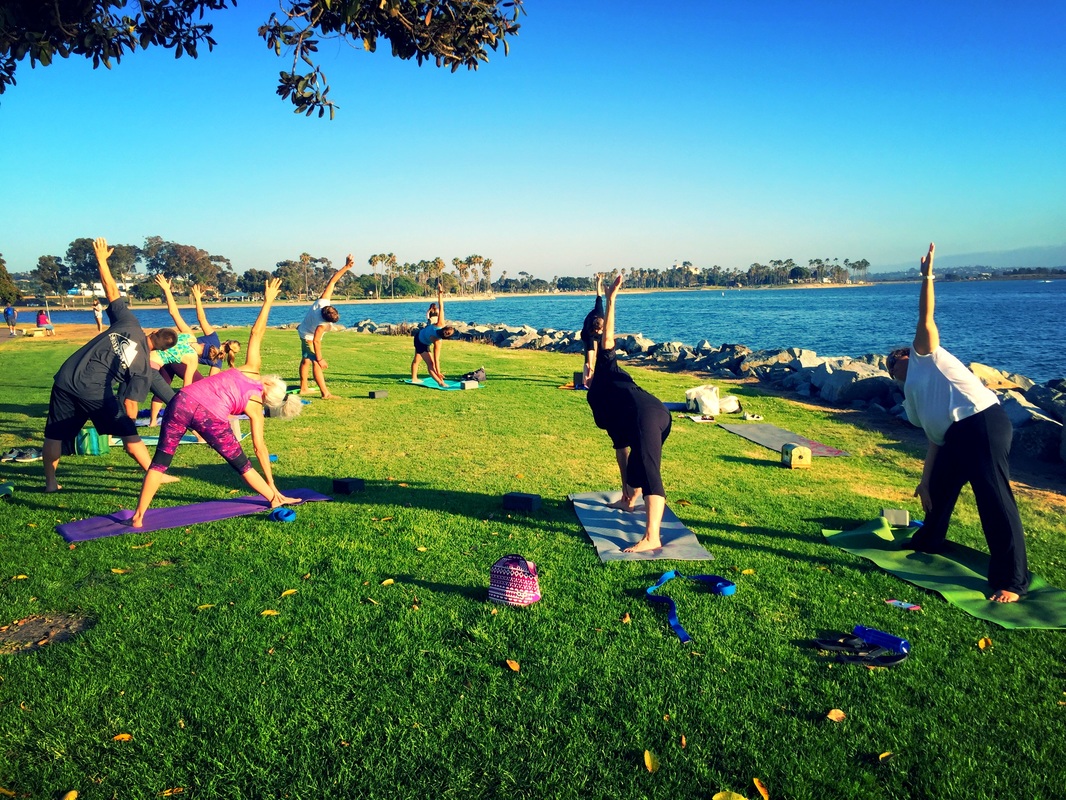
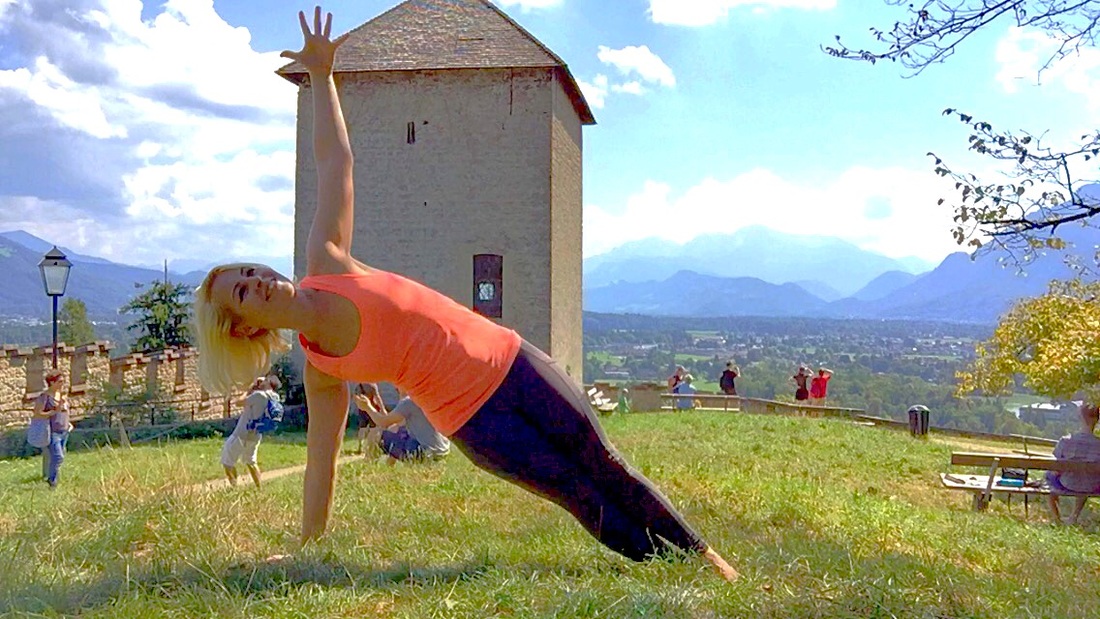
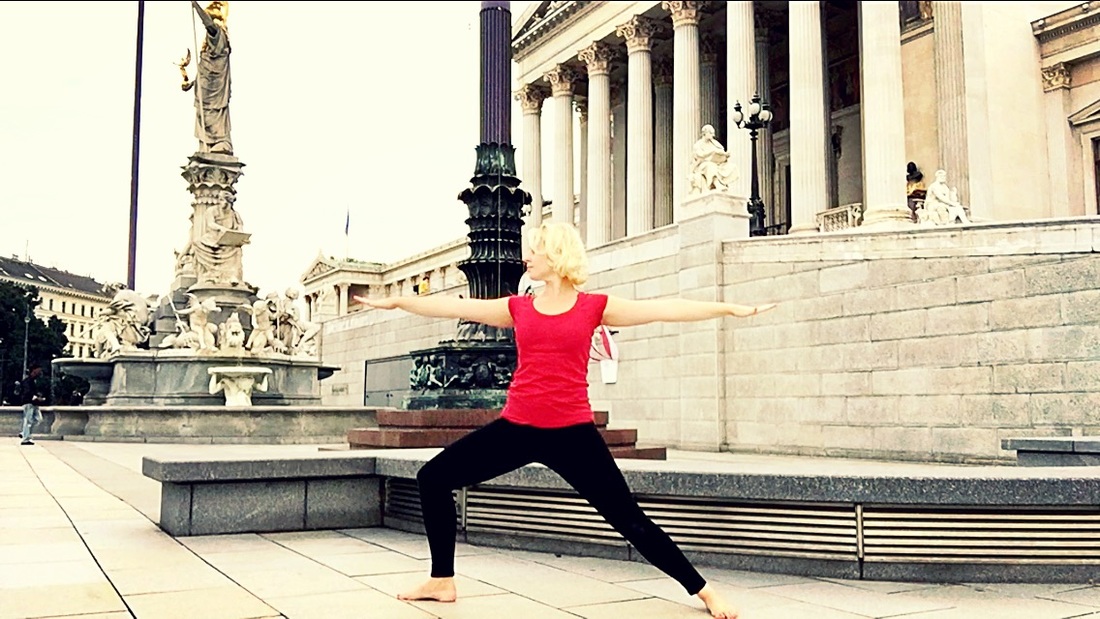

 RSS Feed
RSS Feed